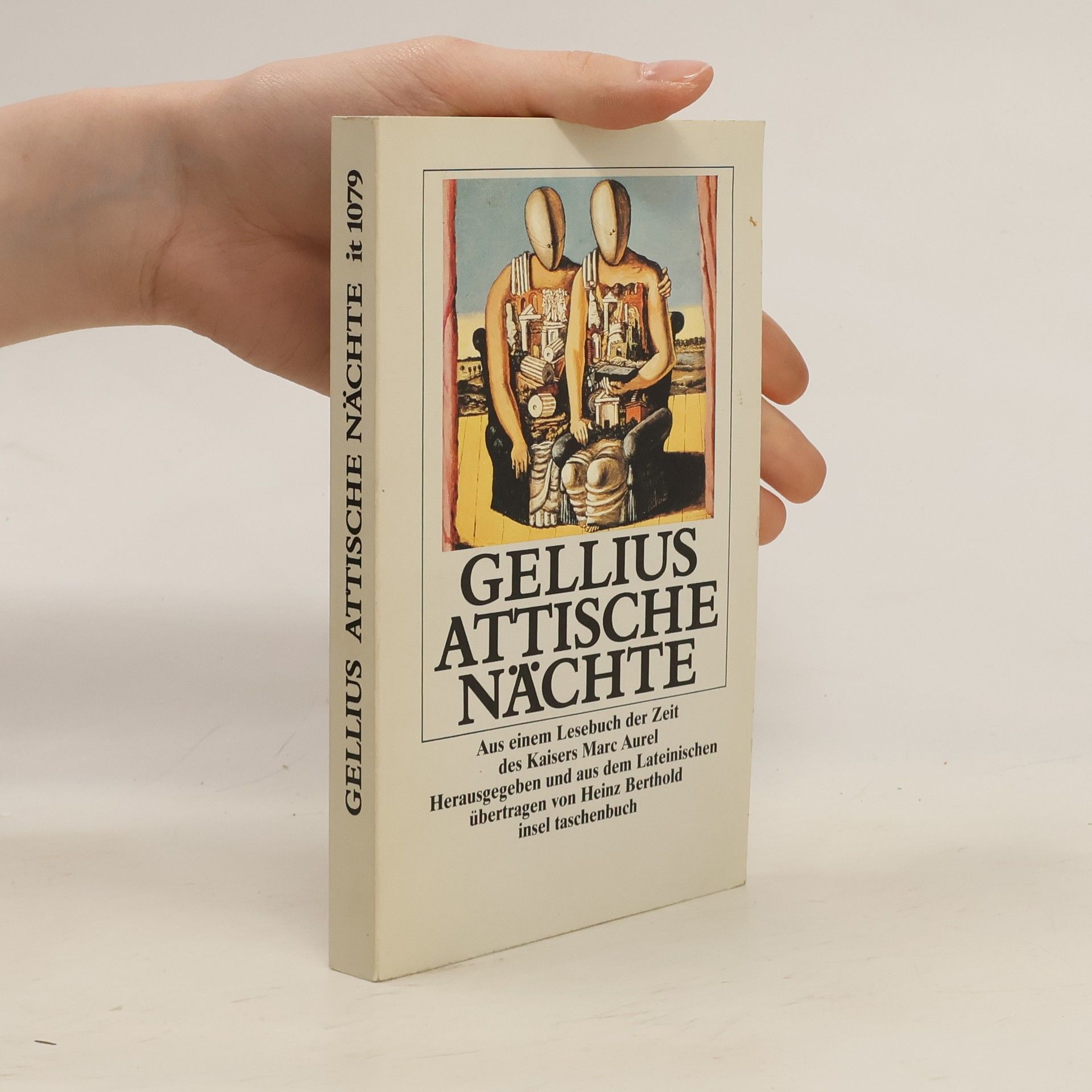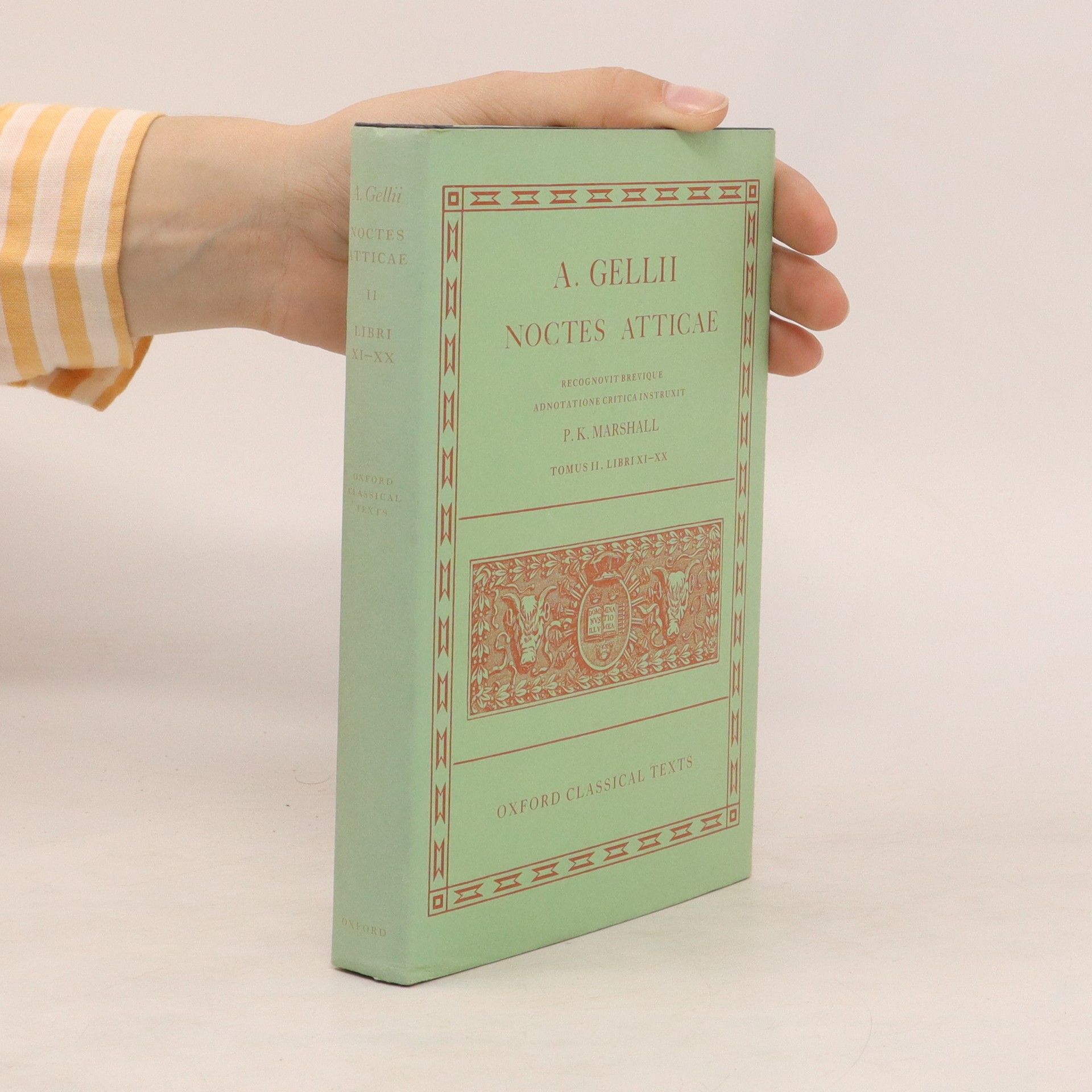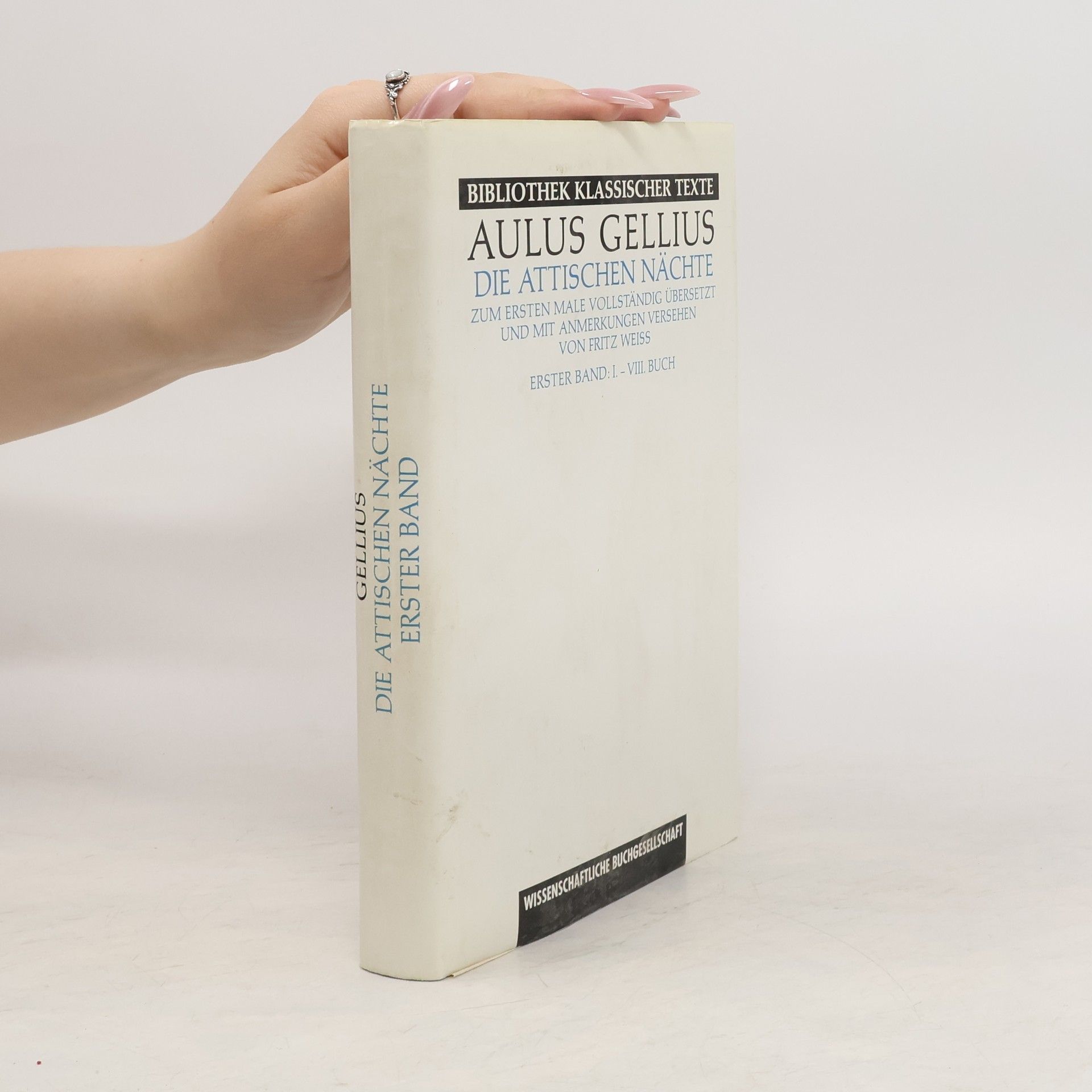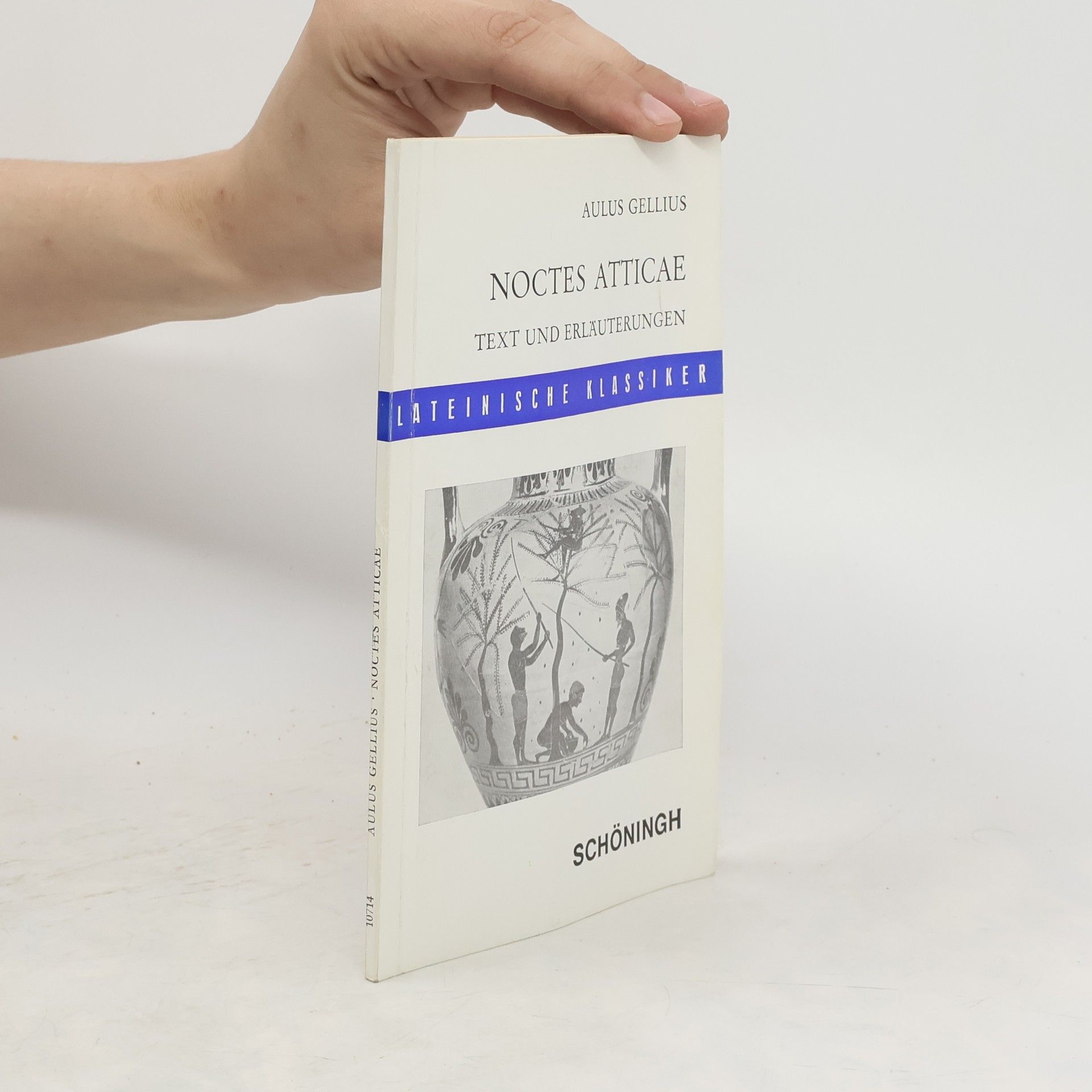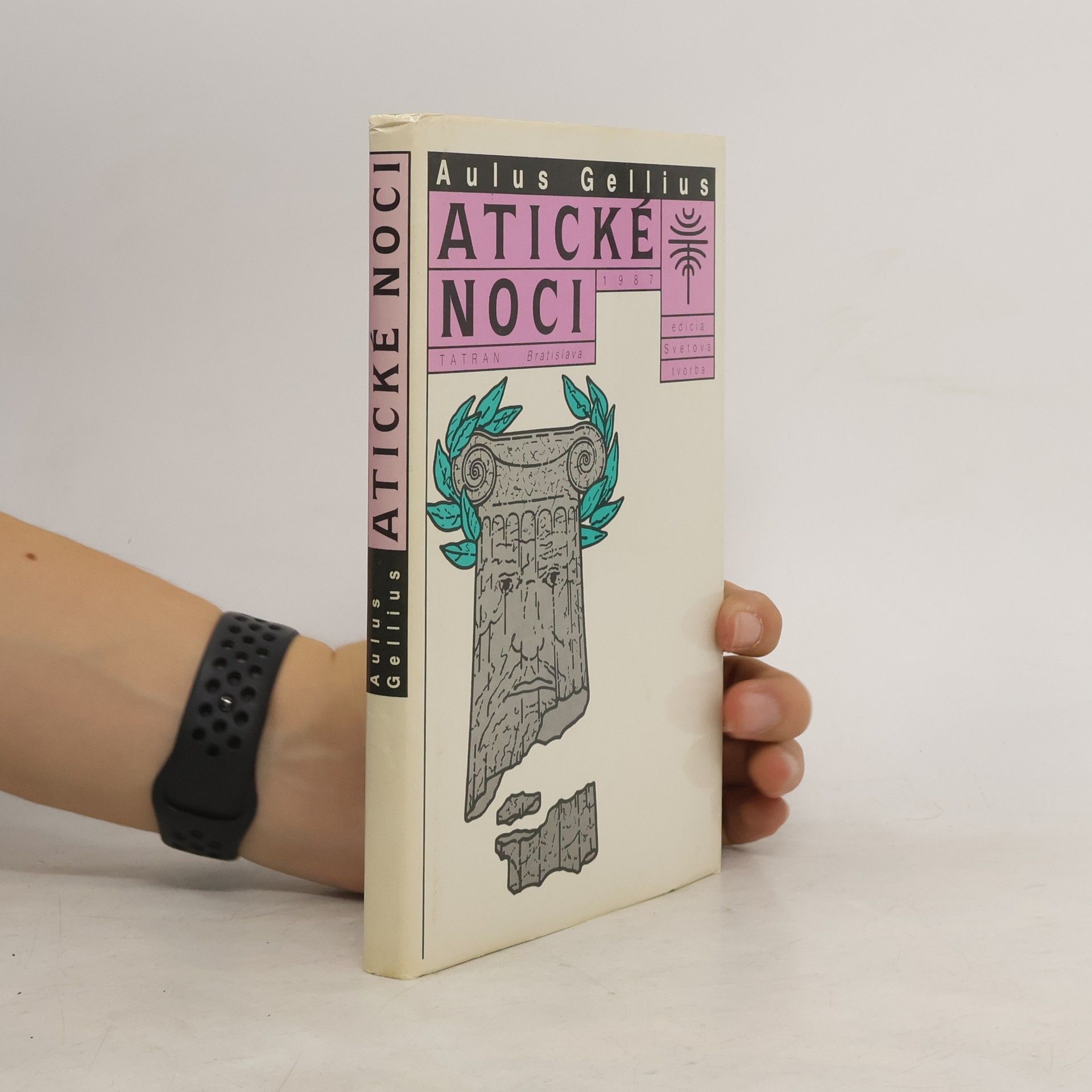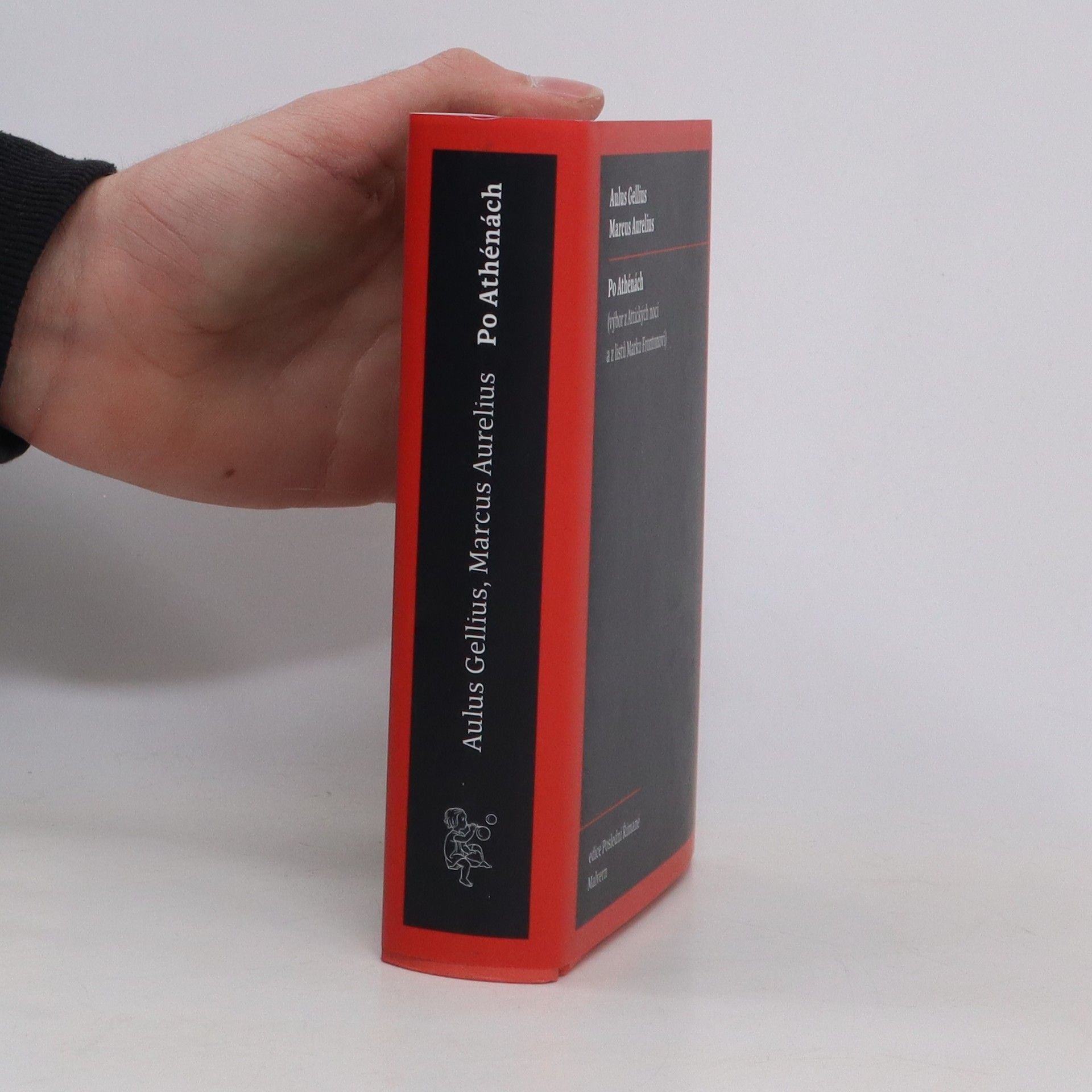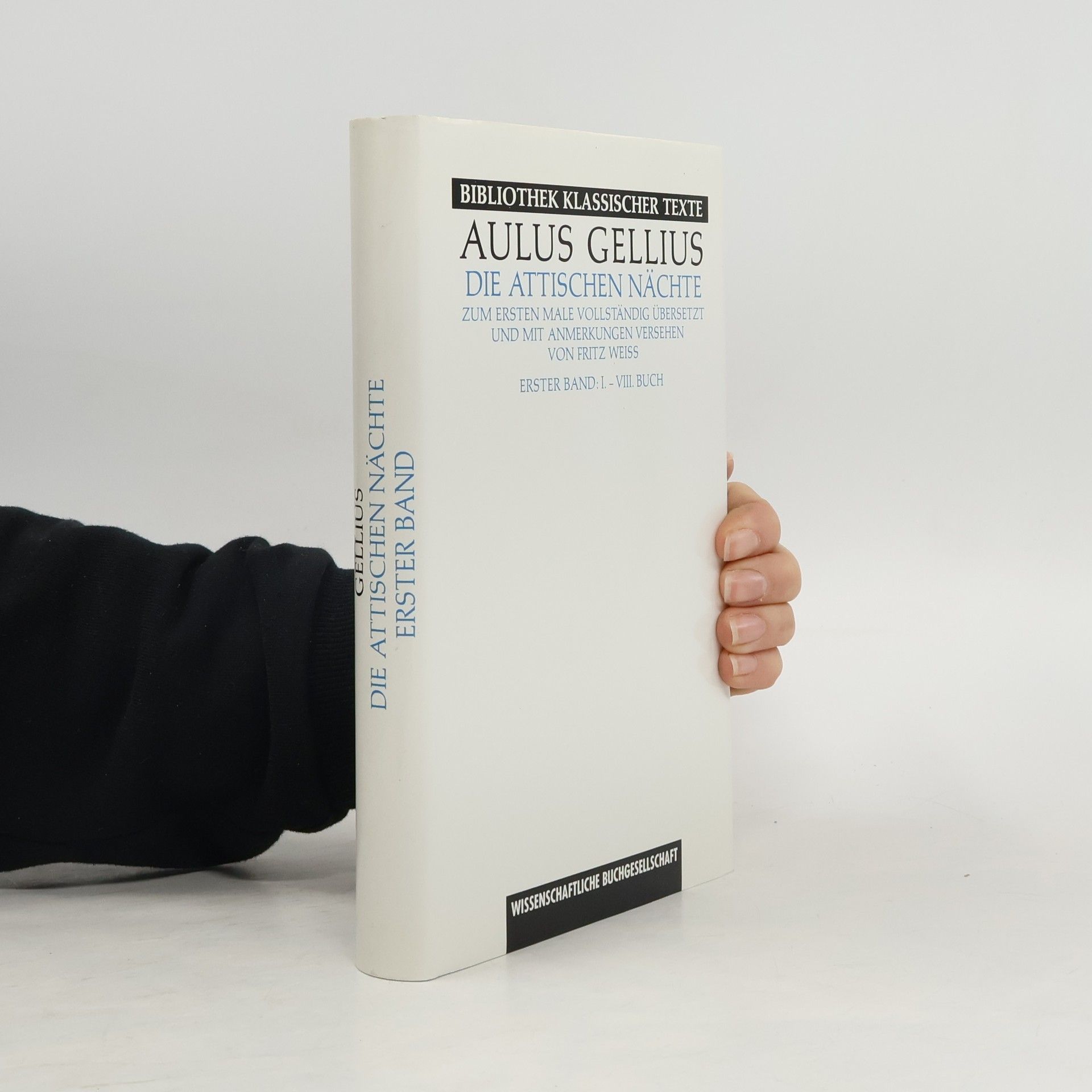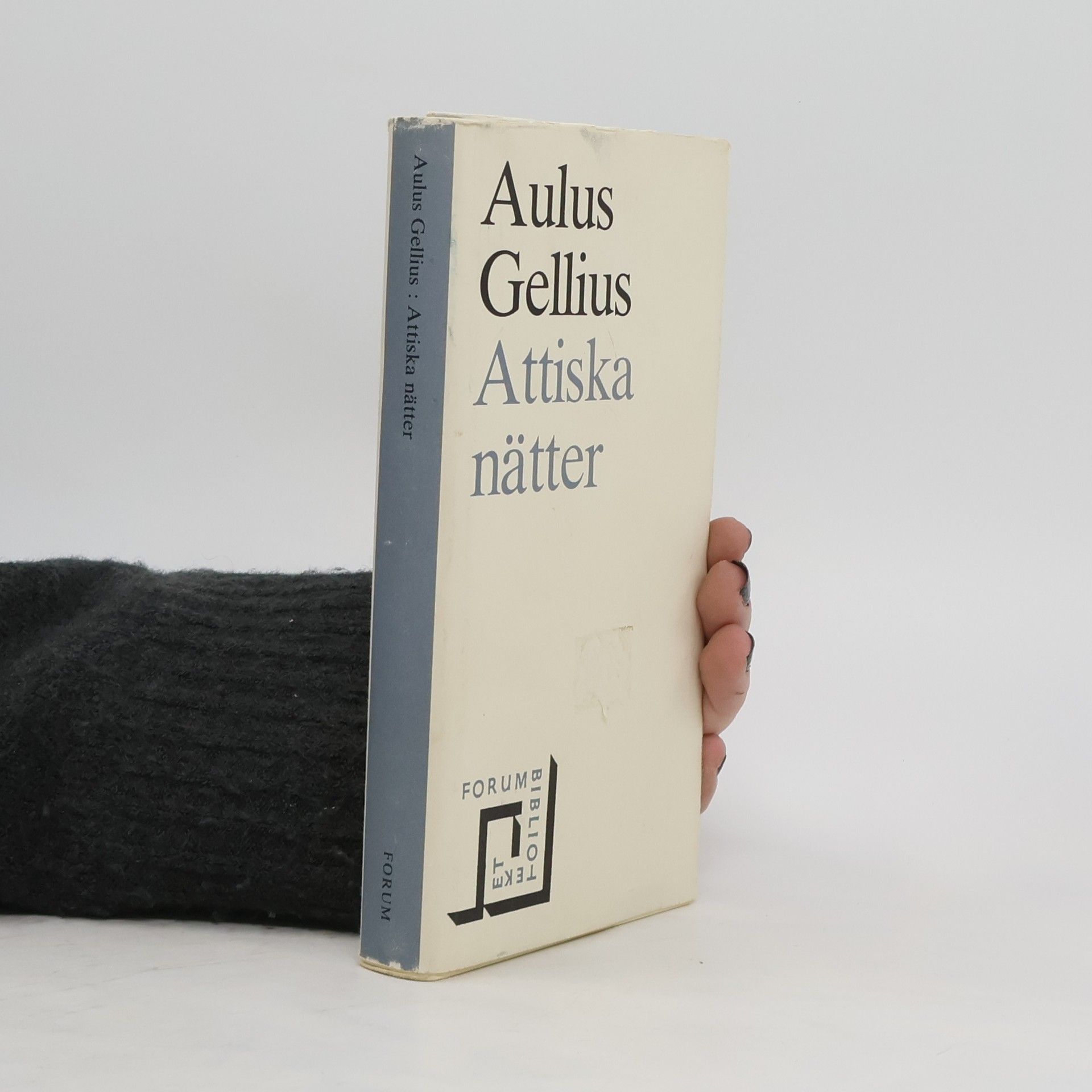Po Athénách: Výbor z Attických nocí a z listů Marku Frontonovi
- 536 páginas
- 19 horas de lectura
„Krátké druhé století“, éra pěti „dobrých císařů“ (96-180), představuje stabilizovanou říši, kde se kultura obrací k soukromému životu a idealizované minulosti. Athény, politicky bezvýznamné, se stávají centrem vzdělanosti, přičemž římské elity se obracejí k řeckým profesorům. Tato „druhá sofistika“ se soustředí na praktickou etiku a vzpomínání na zlatý věk Athén, spíše než na velké filosofické koncepty. Svazek přináší dvě literární svědectví o této epoše. Prvním je výbor z Attických nocí Aula Gellia, římského studenta, který si zapisuje poznatky o klasické kultuře a akademickém životě. Gellius zobrazuje komunitu, jež se nezabývá „velkými dějinami“, ale radostí z poznávání a čtení starých textů. Jeho obraz athénské komunity ovlivnil evropský humanismus, zejména éru Erasmovu a Rabelaisovu, které důvěřovaly v sílu literárního vzdělání. Druhým svědectvím jsou dopisy mladého prince Marka Aurelia, který se liší od pozdějšího stoického myslitele. Mladý Marcus Aurelius a jeho učitel Marcus Fronto si vyměňují myšlenky o každodenním životě, jazyce a literatuře, přičemž hrají literární hru na erotickou dvojici ve stylu Platónových dialogů. Tak se žije „po Athénách“.

